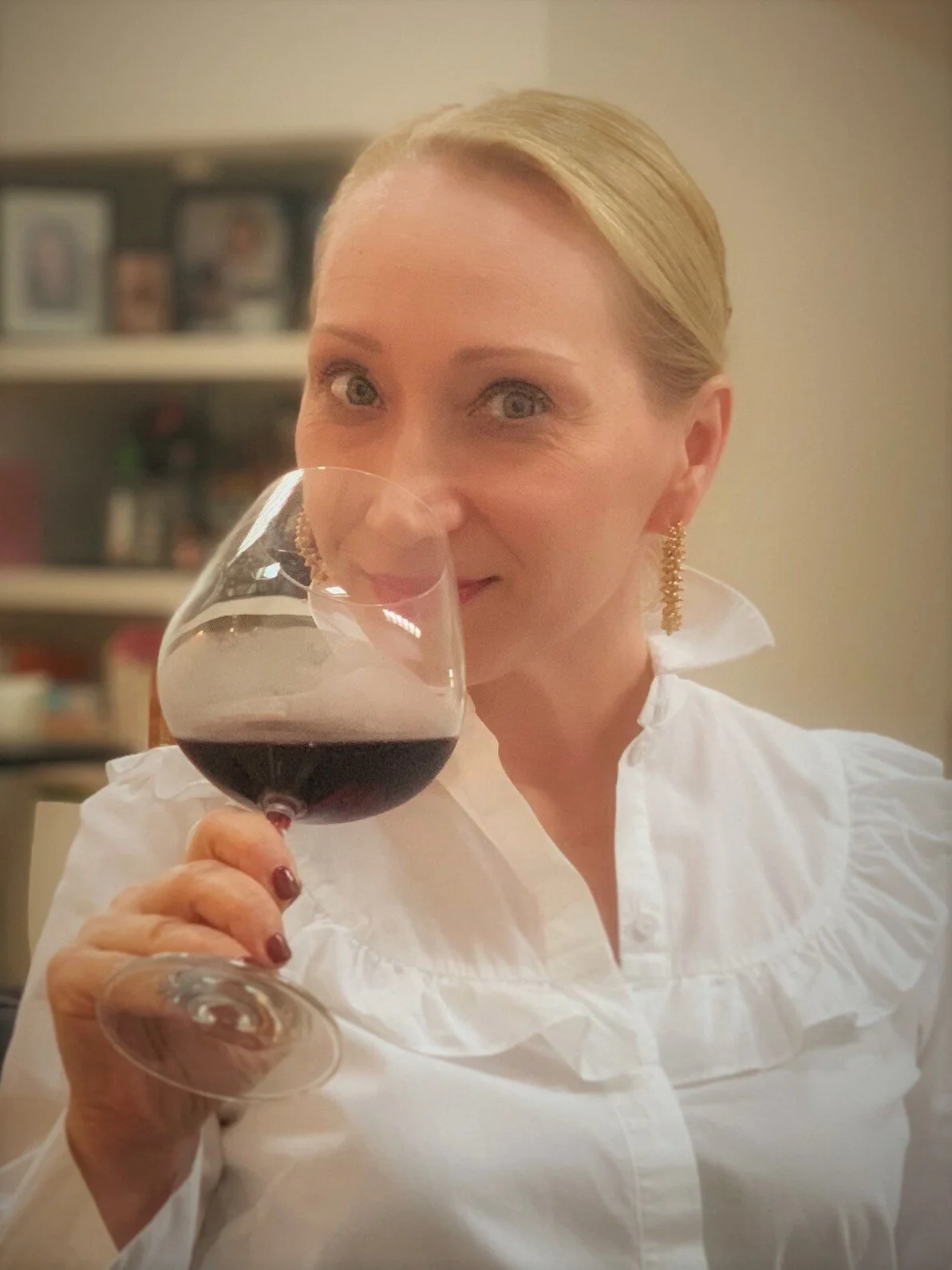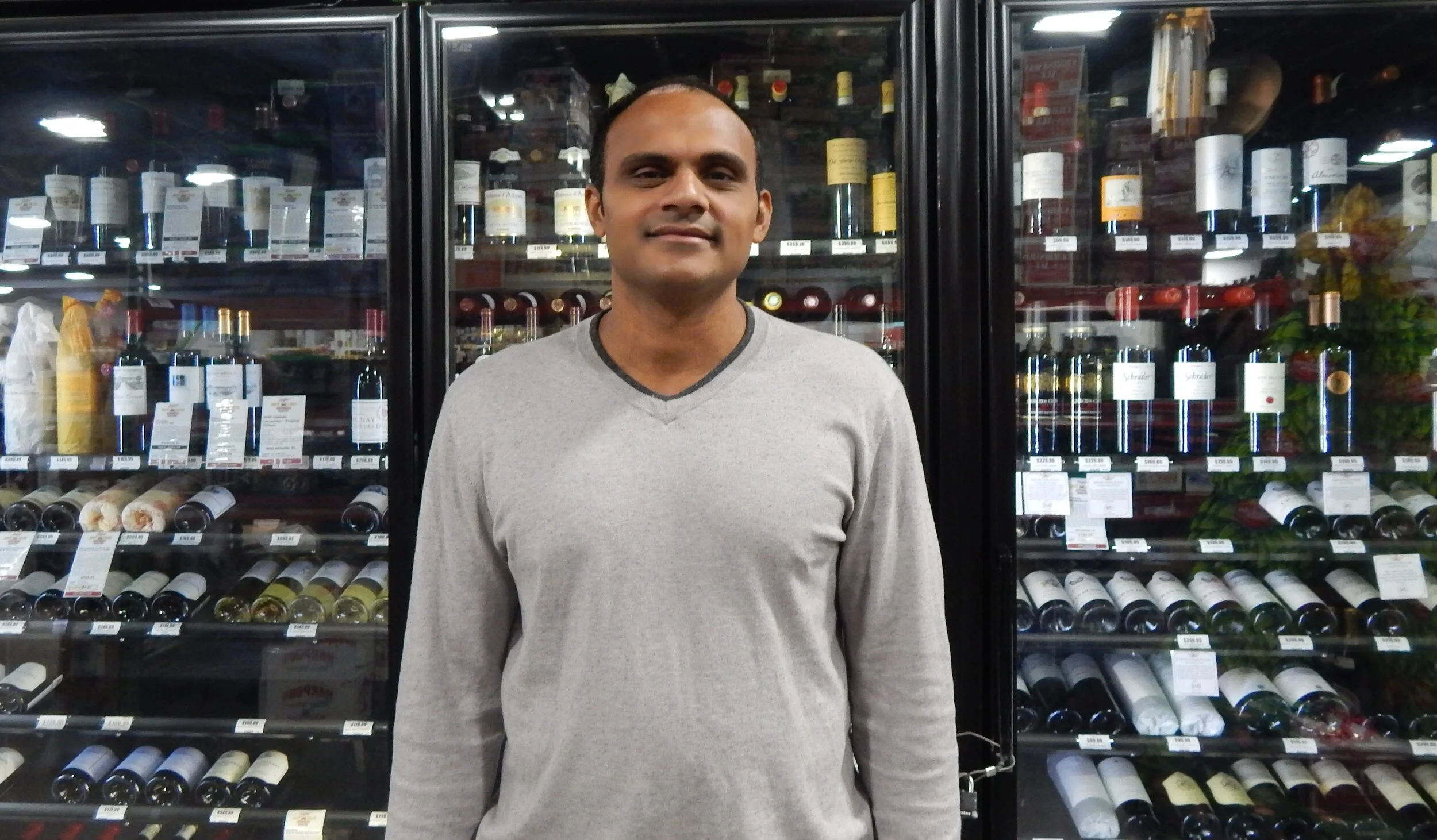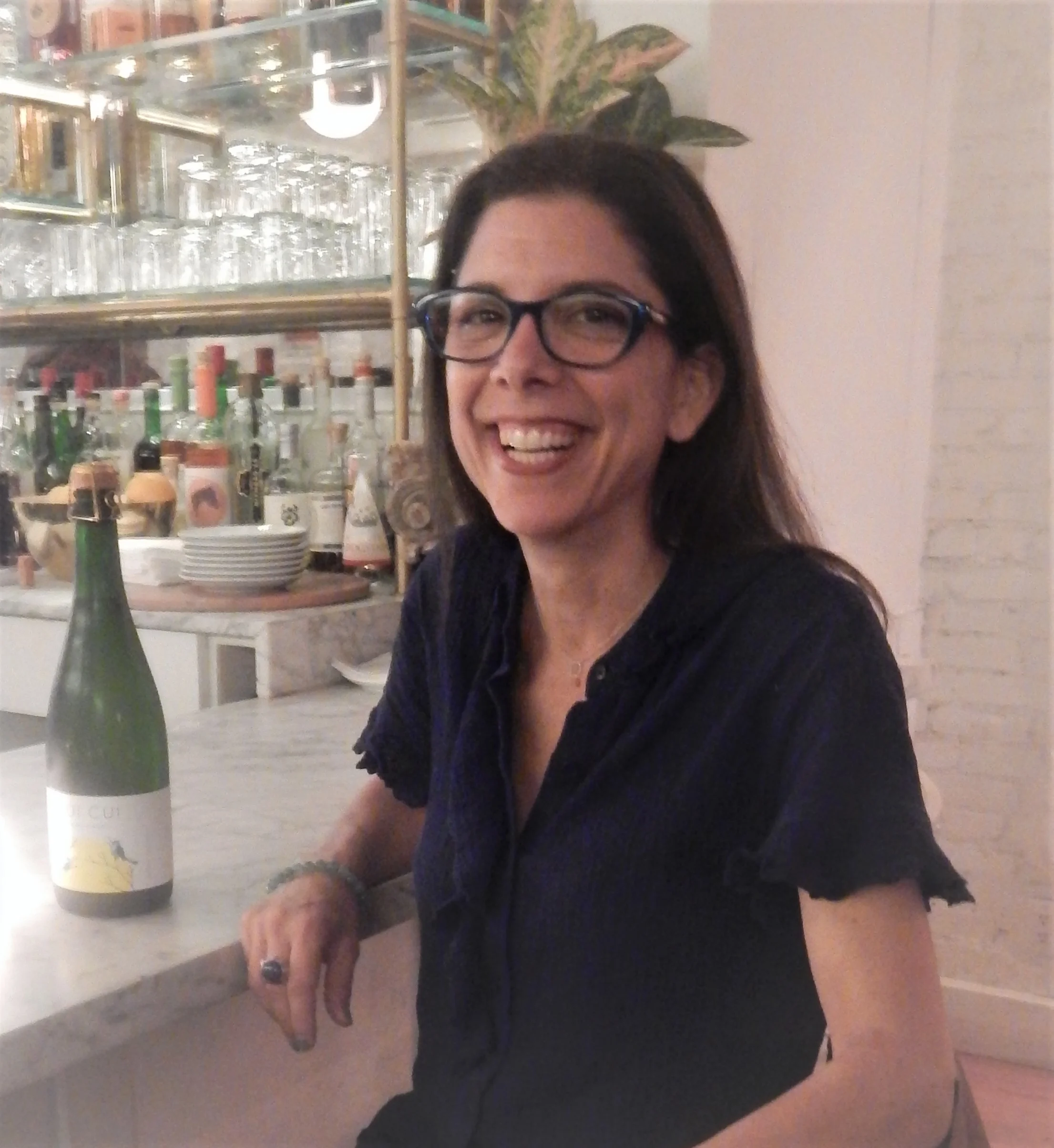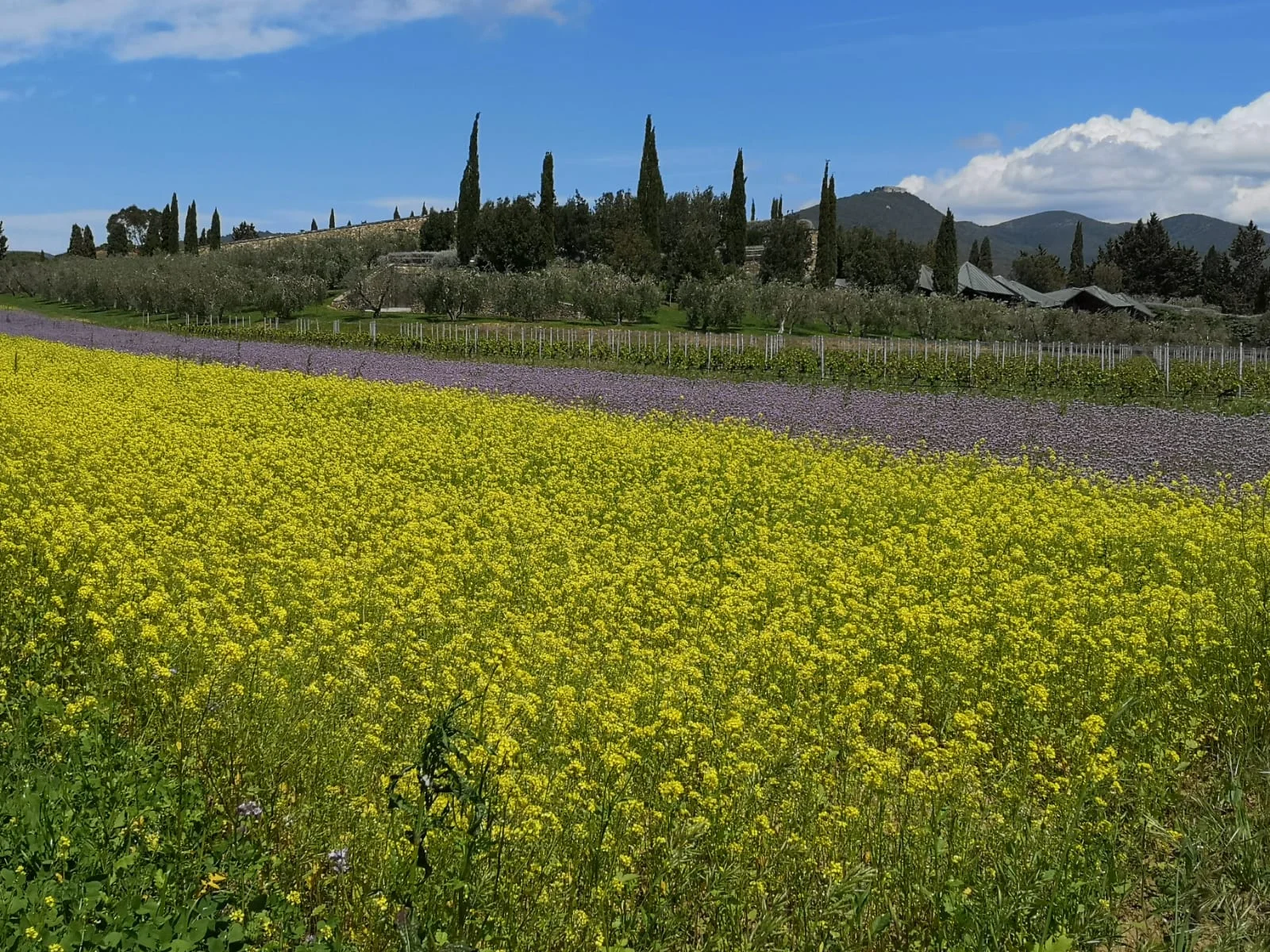No trip to Bolgheri is complete without a visit to Ca’ Marcanda Winery. The wine legend - Angelo Gaja of GAJA Winery in Piedmont, Italy – at first sight, fell in love with an estate in Bolgheri and was determined to acquire the winery and apply his knowledge to a region he was eager to fully discover. It took 18 challenging meetings with the original owner to settle and finally purchase the winery. Post-sale, the winery was given the name Ca’ Marcanda translating to ‘the house of endless negotiations.’
Ca’ Marcanda winery was started in 1996 and then began a new adventure for the Gaja family. It took six years for the architect Giovanni Bo to complete the new state-of-the-art underground winery. International grape varieties were planted, such as: cabernet sauvignon, cabernet franc, merlot and syrah. Bolgheri is a young appellation, known for its international grape varieties.
Giovanni Gaja, Angelo Gaja’s youngest child, representing the 6th generation involved in the family business, walked us through the vineyards. The attention to detail is astonishing. Everything was designed so that the land blends with the winery facility and vice versa. The estate is 296 acres (120 hectares) of vines planted with Merlot, Cabernet Sauvignon, and Cabernet Franc. According to Giovanni: “We also have other varieties in smaller amounts, such as Syrah, Sangiovese, Vermentino and Viognier.”
The soil is composed of terre brune (mostly loam and clay), giving the wine minerality and structured tannins, and terre bianche (predominantly clay and limestone), producing fuller bodied wines with great aging potential.
Read MoreThe Champagne House, Duval-Leroy was founded in 1859 by a partnership between Jules Duval, winemaker, and Edouard Leroy, grape-grower.
Located in the charming village of Vertus in the Côte des Blancs region of Champagne (Click here to see full map), Duval-Leroy is primarily known for its Chardonnay, producing elegant Champagne from 200 hectares sustainably farmed vines.
Read MoreLet’s face it, Burgundy (“Bourgogne” in French) produces some of the most exquisite wines in the world. However, trying to wrap your head around the hundreds of appellations (a.k.a. regions), is a complicated matter. It also does not help that Burgundy is the only French wine region whose name has an English translation, creating confusion among consumers.
Burgundy takes the notion of terroir to a whole other level. Every parcel of land is unique, each with its own unique characteristics, resulting in an array of appellations. As an example, there are 635 Premier Cru and 33 Grand Cru vineyards in Burgundy alone. Try remembering every single one of them. I know I couldn’t!
Old World wines are often labelled by appellations (a.k.a. region) and not by grape varietals. What are your choices? Do you Google search while you shop or do you do your homework prior? Well no need for either. Here is my guide to understanding Burgundy:
The two primary grapes are Chardonnay for white wine and Pinot Noir for red wine.
Regions from North to South (see wine map here)
o Chablis
Chablis is the northern most wine district of Burgundy known for its unoaked Chardonnay
o Côte de Nuits
Located in the northern part of Côte d’Or, Côte de Nuits produces stunning Chardonnay and Pinot Noir. Look for Marsannay, Fixin, Gevrey-Chambertin, Morey Saint-Denis, Chambolle-Musigny, Vougeot (mostly red), Vosne-Romanée and Nuits-Saint-Georges.
o Côte de Beaune
Located in the southern part of Côte d’Or and is known for its pure and powerful Chardonnay. My favorite whites are: Pernand-Vergelesses, Savigny-lès-Beaune, Meursault, Puligny-Montrachet, Chassagne-Montrachet
The reds from Beaune, such as: Volnay, Pommard and Aloxe-Corton are elegant and refined.
o Côte Chalonnaise
Côte Chalonnaise lies to the south of Côte d’Or and produces mostly Pinot Noir but also offers an attractive selection of white, rosé and sparkling wines. Look for Bouzeron (Aligoté grape varietal), Rully for its white, Mercurey (mostly red), Givry (mostly red) and Montagny (only white).
o Mâconnais
The most southerly wine district of Burgundy known for its flagship white wine, Pouilly-Fuissé. Also look for the more wallet-friendly white wine alternatives from the area of Viré-Clessé and Saint-Véran.
Read More



















